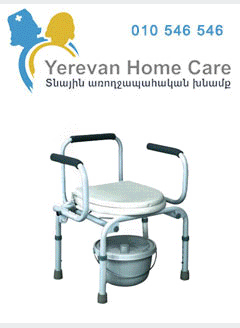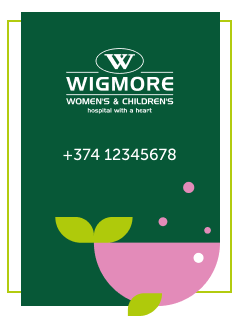If you have a cruel boss or rotten co-workers, beware. It may not be just your job that's on the line.
Clearly, a work environment that includes insults, back stabbing and belittling can erode an employee's morale. What's less understood is that such a toxic work atmosphere can also lead to deteriorating health. At WebMD, we talked to the experts to find out what it is about negative work relationships that can cause so much stress, how our bodies react to chronic workplace stress, and what it takes to find relief.
How many times have you watched someone get a promotion when your hard work goes unnoticed, or attempted to offer your insight to management, only to have it fall on deaf ears? Working in an unjust environment can make you sick -- really sick.
A Need to Be Heard
Feeling trapped in a workplace that isn't fair can actually increase your risk for coronary heart disease (CHD), a leading cause of death in the U.S. In a two-part landmark Finnish study conducted between 1985 and 1990, researchers surveyed more than 6,000 male British civil servants -- without presence of CHD -- regarding how fair, or unfair, they perceived their employers. Subjects who reported a high level of justice at work were 30% less likely to develop CHD than workers who consistently experienced injustice at work.
Just how did study participants define "justice" in the workplace? Those who felt their bosses considered their viewpoints, treated them truthfully, and included them in decision-making processes said they worked in "just" workplaces.
The results of the study show what many experts say: Feeling like you haven't been heard ranks as the most stressful aspect of interpersonal work relationships. "It's a helplessness that comes when employees feel like they've expressed themselves and been discounted, or someone hasn't taken the time to listen to them," says psychologist Carol Kauffman, PhD, an assistant professor at Harvard Medical School's department of psychiatry.
Others agree. "The workplace needs to feel meaningful. If you feel like you're not respected, that your opinion isn't meaningful, you're at an increased risk of heart disease," says Bruce Rabin, MD, PhD, a professor of pathology and psychiatry at University of Pittsburgh Medical Center. On the flip side, Rabin tells WebMD, "Feeling a part of the workplace is a meaningful buffer to the health effects of stress.

















